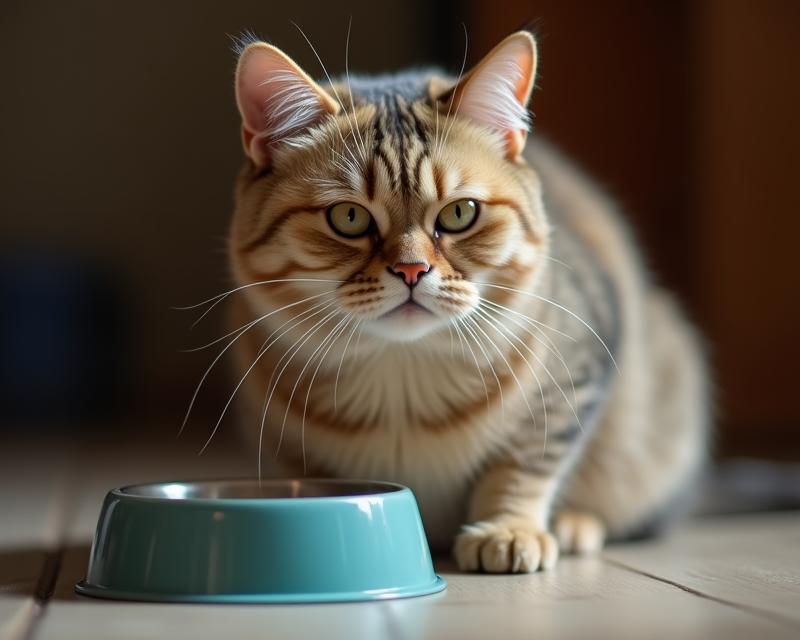Senior Cat Kidney Health: Early Signs
Publish in Health el 30/06/2025 23:38
Recognizing Early Signs of Kidney Disease in Senior Cats
As our feline friends gracefully age, it's crucial for us to be extra vigilant about their health. One of the most common health concerns in senior cats is kidney disease. Early detection is key to managing the condition and improving your cat's quality of life. Here's what you need to know about recognizing the early signs of kidney disease in your senior cat.

What is Kidney Disease?
Kidney disease occurs when the kidneys lose their ability to filter waste and excess fluid from the blood. This can happen gradually over time. There are different types of kidney disease, but the underlying problem is the kidneys' inability to function properly. While there's no cure for kidney disease, early intervention can significantly slow its progression and help your cat live comfortably for longer.
Early Warning Signs to Watch For
The good news is that kidney disease often presents with subtle symptoms in its early stages. Being aware of these can make a big difference. Here are some key signs to look out for:
- Increased Thirst: You might notice your cat drinking more water than usual.
- Increased Urination: They may be going to the litter box more frequently, or producing larger amounts of urine.
- Lethargy: A decrease in energy levels and a general lack of enthusiasm are common.
- Loss of Appetite: Your cat might be less interested in food or have a decreased appetite.
- Weight Loss: Even with a normal or increased food intake, your cat may start losing weight.
- Vomiting: Occasional vomiting can be a sign of kidney problems.
- Bad Breath: A distinct ammonia smell on their breath can indicate kidney disease.
What to Do If You Suspect Kidney Disease
If you notice any of these signs in your senior cat, it's essential to schedule a visit with your veterinarian as soon as possible. Your vet can perform blood and urine tests to assess your cat's kidney function. Early diagnosis allows for prompt treatment and management strategies. These might include dietary changes, medication to manage blood pressure and phosphorus levels, and fluid therapy. While kidney disease is a serious condition, with proper care, many senior cats can live happy and comfortable lives.
Proactive Care is Key
Regular veterinary checkups are crucial for senior cats. Discuss your cat's kidney health with your vet during these appointments. Maintaining a healthy weight, providing fresh water, and feeding a high-quality diet can all contribute to overall kidney health. By being proactive and attentive to your cat's needs, you can help ensure they enjoy their golden years to the fullest.





